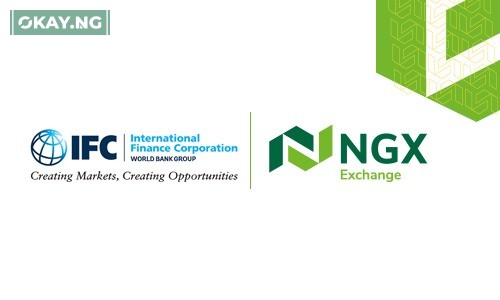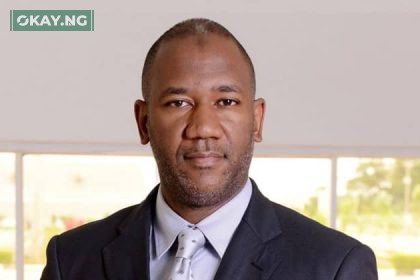In a report released today by the International Finance Corporation (IFC) and the Nigerian Exchange (NGX) Limited, it has been highlighted that enhancing family-friendly workplace policies, particularly by improving access to quality childcare for parents, could have a significant positive impact on private sector productivity in Nigeria.
The report, titled “Investing in Childcare: A Game Changer for Businesses and the Nigerian Economy,” sheds light on the current scenario and presents opportunities for improving employee well-being and business outcomes.
Surprisingly, the study reveals that a mere 5 percent of private sector employers in Nigeria invest in childcare services, despite 67 percent of working parents stating that access to childcare directly enhances their productivity at work.
Recognizing this untapped potential, the report emphasizes the importance of investing in childcare, either through on-site or near-site facilities, or by providing financial support to access childcare services.
Such initiatives can not only improve employee productivity but also drive efficiency improvements and boost overall business outcomes.
Projections from the report indicate that by 2025, the demand for childcare services within Nigeria’s private sector is expected to grow by 10 percent.
However, childcare providers face obstacles in scaling up their operations to meet this surge in demand due to limited access to formal capital and investments.
The study found that a staggering 76 percent of childcare providers encounter challenges in accessing formal financing.
These findings highlight the need for strategic partnerships and investments to bridge the market gaps and facilitate the expansion of childcare services.
Temi Popoola, the Chief Executive Officer of the Nigerian Exchange (NGX) Limited, emphasized the significance of effective and affordable childcare in fostering a productive, engaged, and inclusive workforce.
Popoola stated, “This report presents a compelling business case for stakeholders, both in the capital market and the broader private sector, to step up actions and collaborate on crucial measures to improve workplace solutions for childcare, as it will benefit companies, employees, and the overall economy.”
Dahlia Khalifa, the IFC Director for Central Africa, Liberia, Nigeria, and Sierra Leone, stressed that childcare and family-friendly work policies are often overlooked aspects of social and economic development.
Khalifa added, “This report reinforces the value in expanding family-friendly workplace policies in Nigeria to support social and economic development.”
The report, launched during the Africa CEO Forum in Abidjan, was based on a comprehensive assessment of 7,000 stakeholders, including employees, employers, and childcare providers.
Considering the projected rapid increase in Nigeria’s population, the demand for childcare is expected to rise significantly.
The research covered six major commercial hubs in Nigeria: Enugu, FCT-Abuja, Kano, Lagos, Ogun, and Rivers.
The report received funding from the IFC-led Nigeria2Equal Initiative, which was established in 2020 in collaboration with the Nigerian Exchange (NGX) Limited. The initiative aims to enhance women’s participation in the private sector.
Through Nigeria2Equal, the IFC and NGX are partnering with private sector companies listed on the Exchange to implement gender-smart solutions that reduce gender gaps in leadership, employment, and entrepreneurship.












